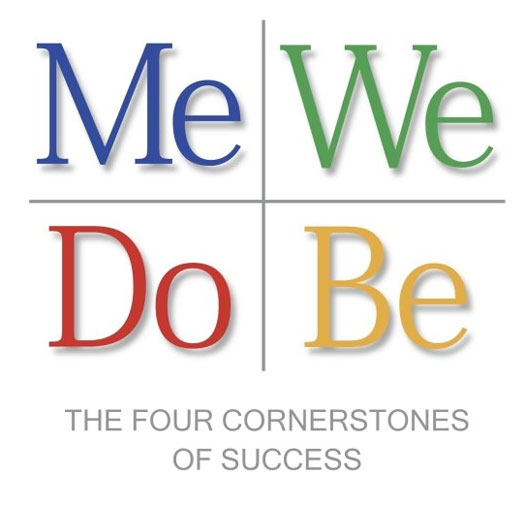This article is adapted from Me We Do Be: The Four Cornerstones of Success (Leadership Institute Press, 2017).
It’s easy to forget the small things. Often, as people advance in their careers and in the hierarchy of an organization, they get better and better at thinking big and forget to think small. On the highest floors of office buildings, heads are filled with abstractions, acronyms, and the latest buzzwords.
|
ADVERTISEMENT |
After a building is designed, constructed, and filled with tenants, engineers cannot simply ignore the foundation. No matter how many stories high and how many years it operates, a building must maintain the integrity of its foundation.
Likewise, no matter how high we go in business, we must always ensure that we maintain a strong foundation. If we plan to stick around for the long run, we cannot allow big thoughts and flashy abstractions to distract us from what endures. And what endures is small, simple, and has not changed much for thousands of years.
…

Add new comment